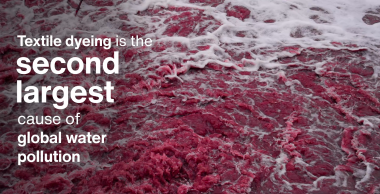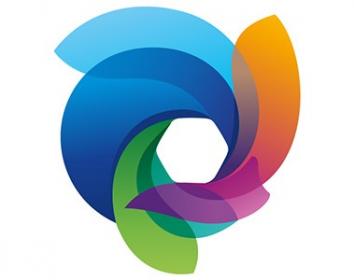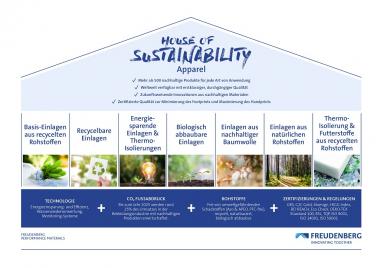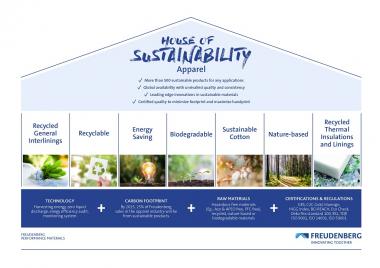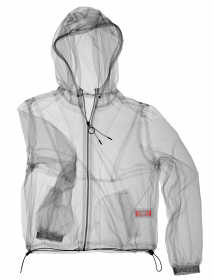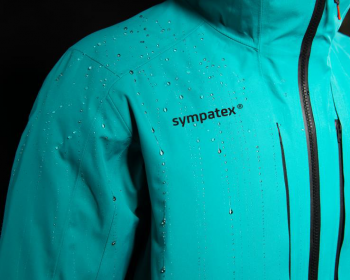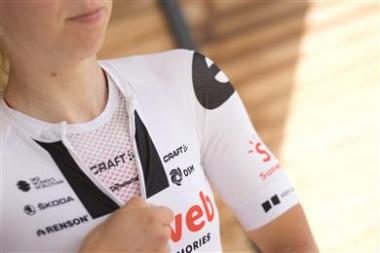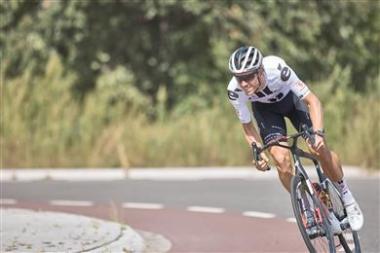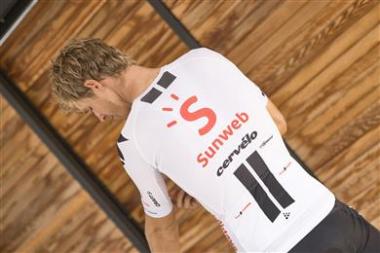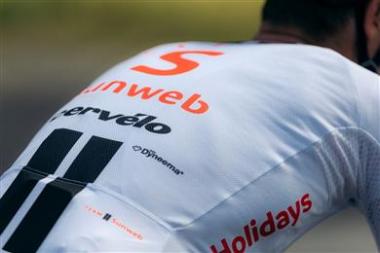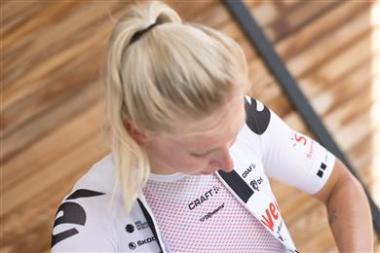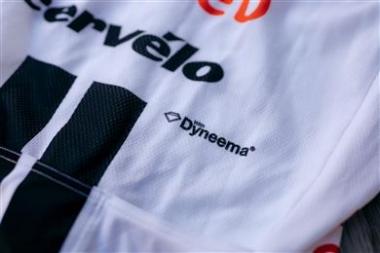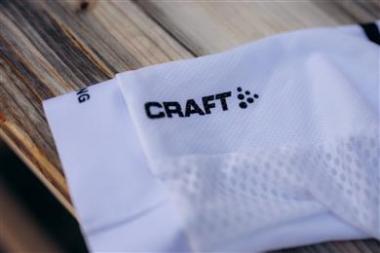Alchemie Technology asks fashion industry to reduce emissions
Alchemie Technology, an innovator of low energy, waterless, textile dyeing and finishing technology, is calling on COP26 leaders to support the global fashion industry in the adoption of new manufacturing technology, which will dramatically reduce carbon emissions and fashion’s impact on climate change.
While the fashion industry is one of the most polluting on the planet, second only to oil and gas, and greenhouse gas emissions from textile dyeing at around 3% of global emissions outweigh that of all international flights and maritime shipping combined, it is an industry that can also reduce CO2 emissions the fastest, just by changing the way it dyes fabrics.
Fabric dyeing is the most polluting part of fashion and activewear manufacturing, involving industrial scale dye baths and huge amounts of dye chemicals, steam, electrical power, and consequent high CO2 emissions. Repeated washing of the dyed fabric, required to remove dye residue, is responsible for 20% of the world’s wastewater pollution and excess dye is discharged into waterways, affecting the health of some of the world’s poorest communities. In more regulated areas, water pollution is reduced through reliance on energy intensive water treatment plants.
However, an environmental step change can be achieved by adopting new digital technology that can dye fabrics with an 85% reduction in energy consumption and a dramatic 95% reduction of the 1.3 trillion litres of water currently used by the industry each year.
For example, dyeing one polyester shirt using current methods generates 4.5 litres of wastewater and produces 0.17 Kg of CO2, compared to low energy digital technology, which uses less than 0.2 litres of water and reduces carbon emissions to 0.03 Kg. Multiply these numbers by the billions of garments dyed each year and the scale of the environmental problem, if nothing changes, is clear to see. Equally, the amount by which the textile industry can improve its carbon footprint is dramatic and can be done quickly if action is taken now.
Alchemie Technology Ltd







